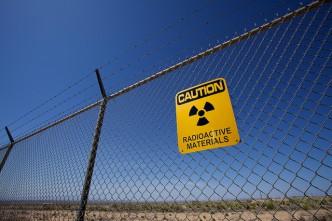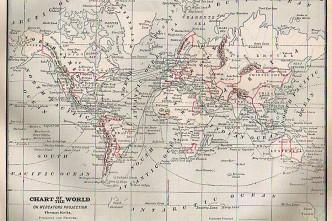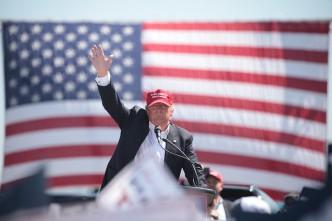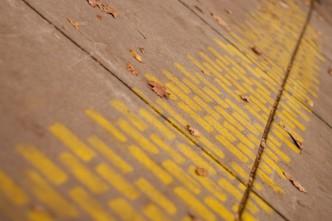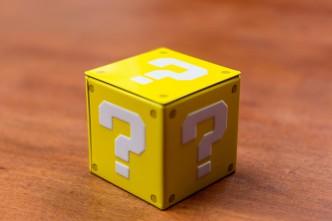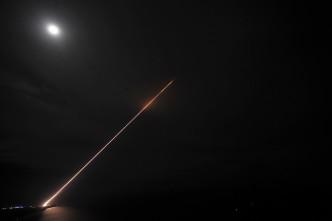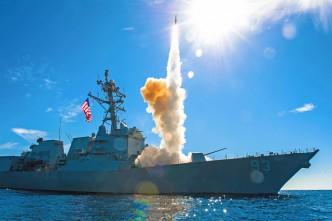Tomorrow’s an important anniversary on the strategic calendar. The first US nuclear test—codenamed Trinity—occurred on 16 July 1945. The event represented both the culmination of the work of the Manhattan Project and the dawn of …
Recent tumultuous political events—including Australia’s election—seem likely to produce a troubling set of strategic consequences. Some of those consequences will be reflected in the strategic policies of key individual Western states. But they’re also likely …
John Mearsheimer’s and Stephen Walt’s recent Foreign Affairs article advocating a return to offshore balancing is certainly generating a debate amongst the doyens of US foreign policy. Tom Switzer, for example, clearly likes their arguments. …
This piece is drawn from Agenda for Change 2016: strategic choices for the next government. Australia confronts a stream of global and regional ordering challenges, almost none within its ability to solve single-handedly. At the …
The White House announced last week that President Obama would visit Hiroshima later this month, making him the first US president to do so. He won’t be apologising for the US’s dropping of the atomic …
The issue of setting strategic priorities is one that’s dogged Australian defence white papers since their inception in the mid-1970s. History, culture, strategic commitments and global power balances pull Australian priorities outwards. British settlement of …
Donald Trump’s recent statements about US foreign policy—see the transcript of his exchange with The New York Times—serve to open up a point of electoral differentiation between the candidates. But they also raise a deeper, …
Readers of Australia’s DWP 2016 might well think themselves sold short in relation to one key concept: Australian strategy. The White Paper’s awash with money and equipment, but somewhat less clear about why power and …
Back in 2013, Ashley Tellis nicely captured some of the core truths about Australia and its relationship to nuclear weapons: ‘Currently, the sole example of an Asian state possessing latent nuclear capabilities, but with an …
There’s a dominant motif that runs through the strategic assessment underpinning the latest Defence White Paper and, despite what China might think, it’s not containment. It’s uncertainty. Australia is beefing up for an uncertain world. …
In the wake of North Korea’s nuclear test in January and its satellite launch in February, South Korea has shown a new level of interest in the topic of ballistic missile defence. Seoul officials are …
US allies would be well advised to keep a weather eye on the nuclear modernisation debate now unfolding in Washington. That’s because they have important interests at stake—including the future of extended nuclear deterrence and …
